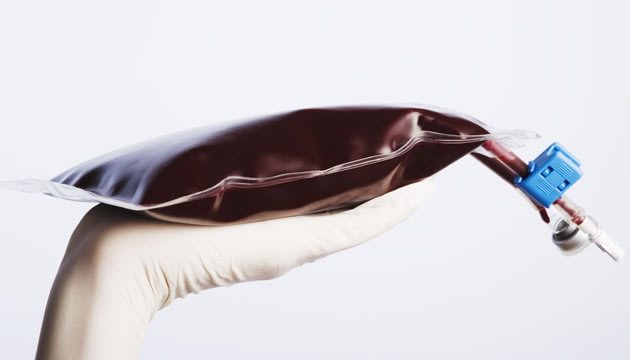World Haemophilia Day in 2012 is dedicated to raising awareness about the serious blood condition, in the hope of closing the treatment gap for sufferers worldwide.
Haemophilia is a condition where the blood does not clot properly, which can lead to excessive and often internal bleeding and bruising. This can happen all over the body, causing serious problems, particularly when it occurs in the brain or around joints.
Haemophilia is a condition where the blood does not clot properly, which can lead to excessive and often internal bleeding and bruising. This can happen all over the body, causing serious problems, particularly when it occurs in the brain or around joints.
[Related story: Newborns to be tested for more inherited illnesses]
Haemophilia is an inherited condition that is passed down on the female side, but affects males. You probably remember history classes that Queen Victoria was a carrier, with one of her sons and two daughters affected by the condition.
There are two types of Haemophilia – A and B. The difference between them is simply the clotting agents in the blood that sufferers lack. Haemophilia A relates to clotting agent VIII, while B is linked to clotting agent IX. The amount of clotting agents sufferers have influences how seriously they will be affected by the condition. Some mild cases are not discovered for many years and may only come to light after an accident or surgery. Others may be very apparent from childhood when small knocks and cuts won’t stop bleeding.
Symptoms to watch out for include big bruises, prolonged bleeding, tightness in joints without pain, loss of movement and joints feeling hot or swollen.
When there is bleeding in the brain, symptoms include vomiting, convulsions, sleepiness, double vision and trouble walking.
When it comes to treatment, there’s no permanent cure for the condition, so sufferers are often given regular injections to help reduce the chance of severe bleeding.
There are various awareness events taking place today, and groups are hoping to raise awareness in countries where understanding, diagnosis and treatment of haemophilia are lacking. To find out more, visit Haemophilia.org.uk




